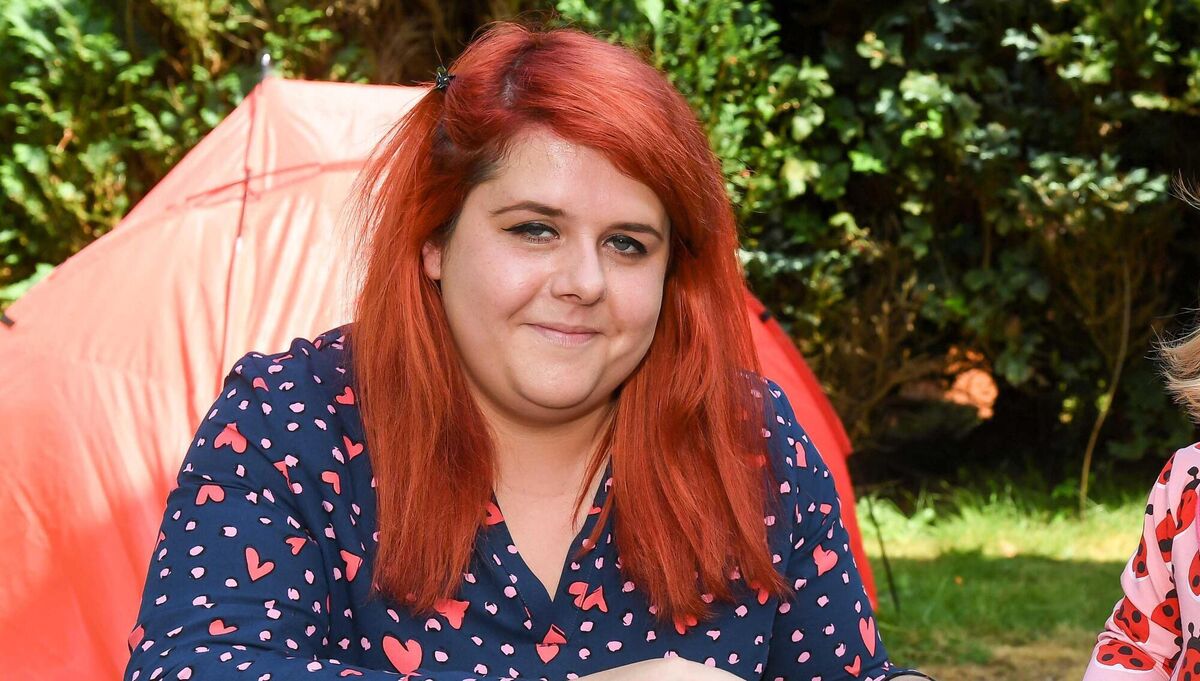'Trying' is not good enough when it comes to children's lives
Children denied access to education do not exist in some suspended animation until the State finds the time to meet their needs, someone still has to provide full-time care.
Earlier this month, the High Court determined a failure to provide the transport a child needed to attend a school appropriate to his educational needs, did not amount to a breach of his constitutional and statutory rights.
The child in question had been able to access the transport required to attend school 13 days in the school year, with 10 of those being for July tutoring.
This case marks the latest in a series of judicial review proceedings being taken by families of children with disabilities in relation to their educational access needs.
It goes hand in hand with the exponential rise in cases being taken under the Disability Act in relation to Assessments of Need and section 67 under the Education Act, in relation to the allocation of school places.
In refusing the declaratory relief sought, Ms Justice Marguerite Bolger outlined a belief that this was not comparable to cases where “little or nothing has been done”. Respectfully, I must disagree.
In 2018, a Leaving Cert student successfully brought judicial review proceedings in relation to her results. Mr Justice Richard Humphreys focused on the "untold stress" of losing "initial crucial weeks" of a third-level course due to a marking error.
One could be forgiven for wondering how the same system could produce this entirely different result in a case of a primary aged child who missed an entire year of school.
Ms Justice Bolger outlined that everyone was trying here, the school tried to hire an escort to accompany the child, the bus company tried to find a taxi, the State eventually granted a home tuition grant (so the parents could hire their own teacher) over halfway through the school year.
It all sounds terribly familiar though, doesn’t it? These failures are not that of Bus Éireann or the schools. These are failures in the system itself that drive these children en masse out of their communities and then forces them to not only endure treatment that would be considered unacceptable for a non-disabled child, but which expects reverence and gratitude in return.
It is clear a despondency has taken hold within our courts if we cannot see that a child unable to access an education, has in fact and in law, suffered a breach of the rights afforded to him under the constitution.
It is further clear the role that parent carers in this country have subsumed has now grown so exponentially that our right to access employment is next to be sacrificed at the alter of "trying".
Children denied access to education do not exist in some suspended animation until the State finds the time to meet their needs — someone still has to provide full-time care. The right to earn a livelihood does not apply to parent carers it seems, so long as someone, somewhere, is "trying".
In closing remarks, it was acknowledged the minimal progress made in this case was likely as a direct result of the family initiating legal proceedings, and any parent who has been through it will instantly recognise that statement; the resources that are suddenly found once the lawyers come in.
My daughter is among the many who will soon re-commence travelling across the city each morning to access a school that can meet her needs. Her brother will have the luxury of attending the local school, alongside the other children from our neighbourhood.

They have access to a different childhood you see, one where parents speak at the school gates, where September brings opportunities for dance and drama classes. His childhood is not catalogued in court documents like his sister. She goes into first class in September with a mere two court cases under her belt, because in this macabre gauntlet, she’s one of the lucky ones.
This result is a missed opportunity and a worrying development within judicial review. These children’s views are not ascertained when we design systems that dictate their existence, their dignity not considered when we design spaces that fail to account for their access requirements.
We cannot stem the tidal wave of litigation in this area unless we acknowledge a failure to deliver policy is not personal. If we keep creating policies without consulting the end users, then we will continue to witness this spiral of needless suffering, where children's rights are continuously diluted. Critique of the systems that fail these children is not critique of the actors it is made up of.
We do not have the time nor energy for personalisation — we merely ask that the courts acknowledge that "trying" is not good enough.
- Rebecca O'Riordan is a law student and full time carer












